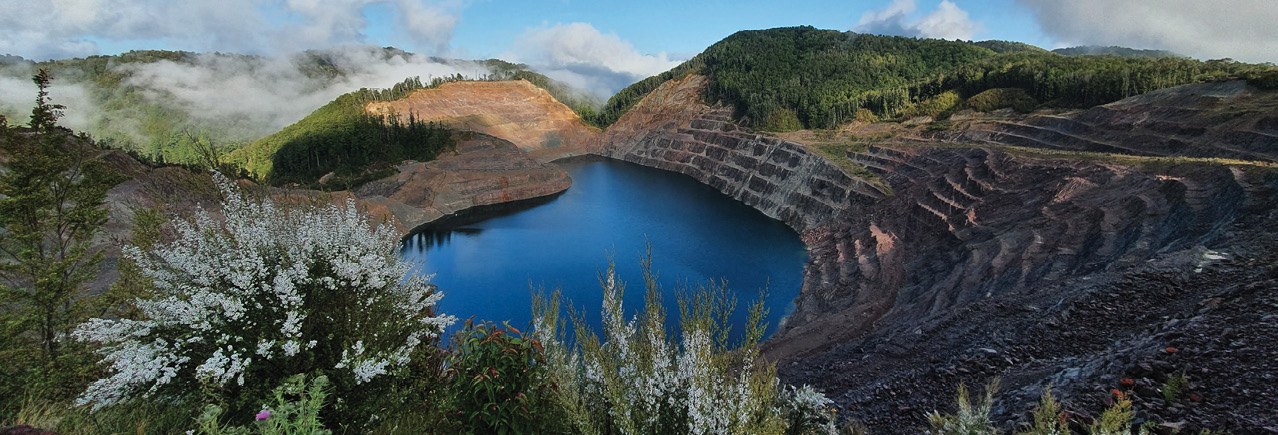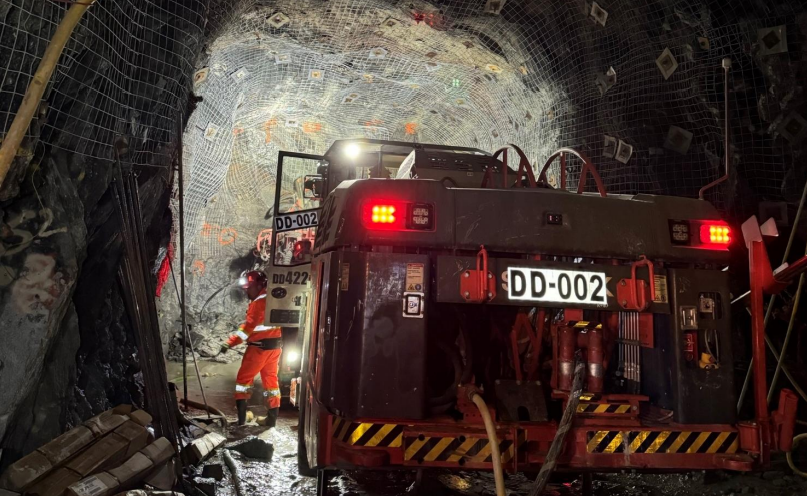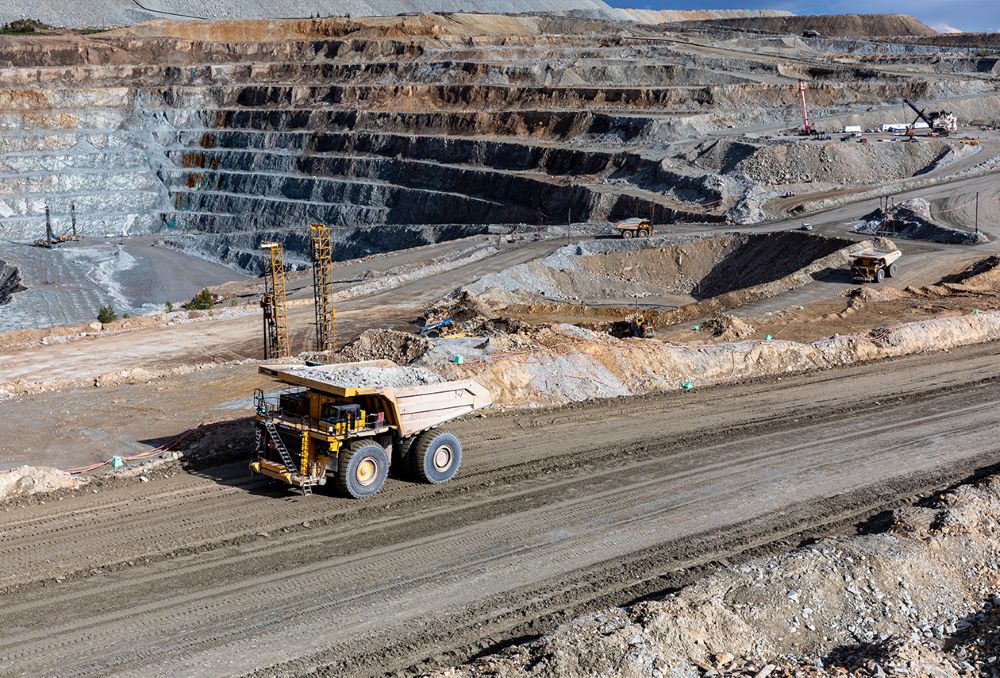As most of Canada battens down the hatches for the approach of winter, Latin America is shedding its outerwear in anticipation of summer. So, with opposites in mind, let's take a look at some of the good news/bad news coming from our southern neighbours.
Savvy South American businessmen watch the mining industry as closely as do Canadians. So it is always welcome news to know that investment in the sector is growing.
Investment in Colombia will be a modest US$2 billion this year, about the same as last year, learned participants at the Fifth International Mining Fair held last month in Medellin. That the level of investment has been maintained despite the global financial meltdown is a positive development. Colombia is said to be exploiting only 10% of its natural resource wealth, and recent reports indicate the country is warming to the industry. Maybe this is one to watch.
In Peru, the National Society of Mining, Petroleum and Energy president, Hans Flury, put a figure of US$10 billion on mining investments to be made in that country in the near future. That figure represents 40% of the identified mine projects that will need a total investment of US$24 billion to bring them to commercial production. Over 90% of these are copper projects.
Chile takes the prize as the country with the largest potential mining investment — US$43 million through 2015. The figure comes from a report prepared by the Chilean Copper Commission (Cochilco). Copper projects will get the lion's share of the spending, US$39.4 million, with the Chilean Copper Corp.'s (Codelco) plans providing a hefty US$20.6 million. Gold investments are far behind, estimated to be only US$3.8 million.
That's billions of dollars of good news from three South American countries.
The bad news involves striking mine workers.
Workers have walked off the job at BHP Billiton's Spence copper mine in Chile on Oct. 12, and it looks as if they are settling in for a lengthy confrontation. (Shades of the strike at Vale Inco's nickel mines in Sudbury, ON.) BHP Billiton averted a strike at its Escondida copper mine by offering workers there US$25,000 in bonuses and a 5% wage increase. Expectations have been raised across the sector.
Codelco is the next owner facing labour negotiations. Workers at its Andina and Chuquicamata copper operations will be thinking of the Escondida settlement when they make their demands.
Miners in Peru called a 48-hour strike against a dozen of that country's mining companies. They are pressing demands for better pensions and to increase profit sharing to 10% from 8%. To do so will involve new legislation from the national congress. News reports said support was "lukewarm" for the strike, and being a short one, it should not have much effect on production.
Extensive strike actions could cause a run-up in the price of copper as supply is choked off. Many, many investors (and me) will be watching. As I write this, the price is staying stubbornly below US$3 per pound.





Comments